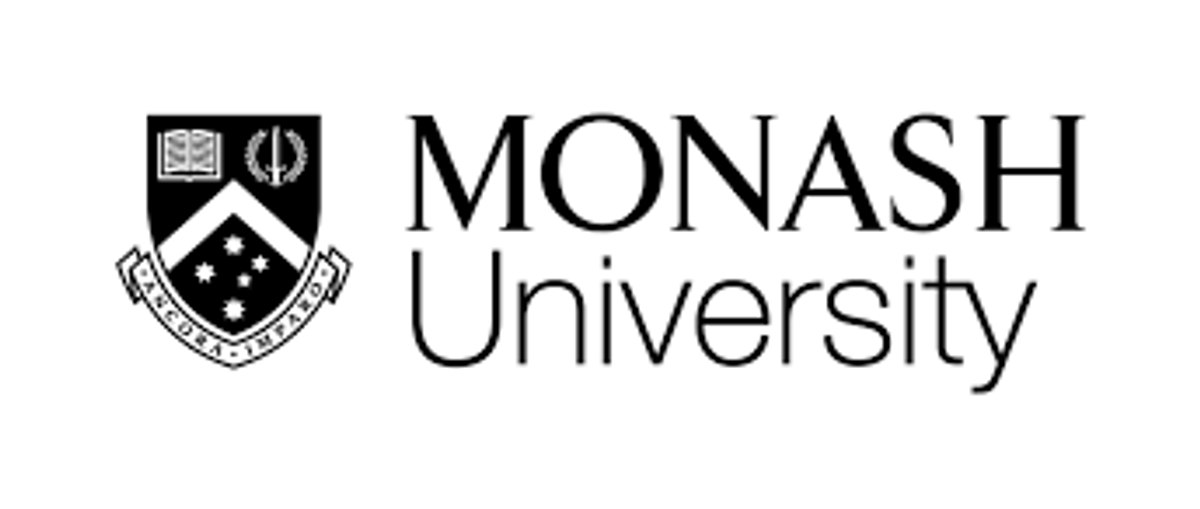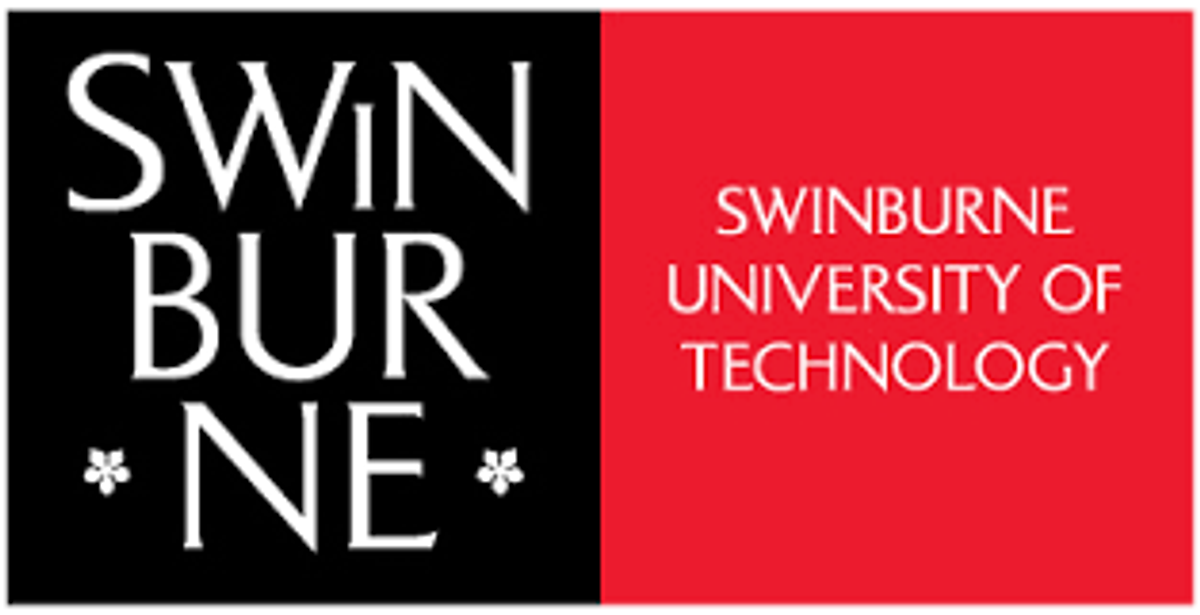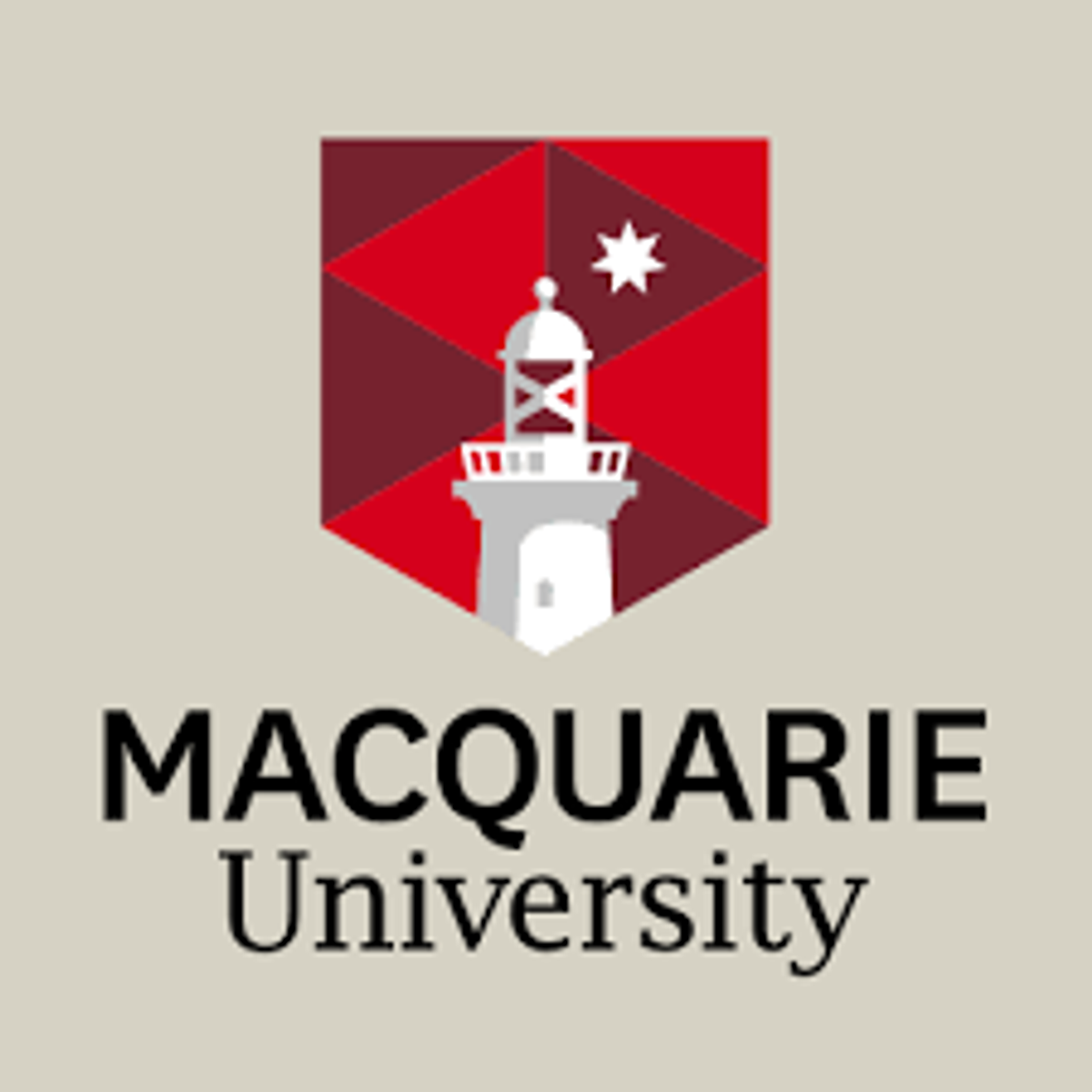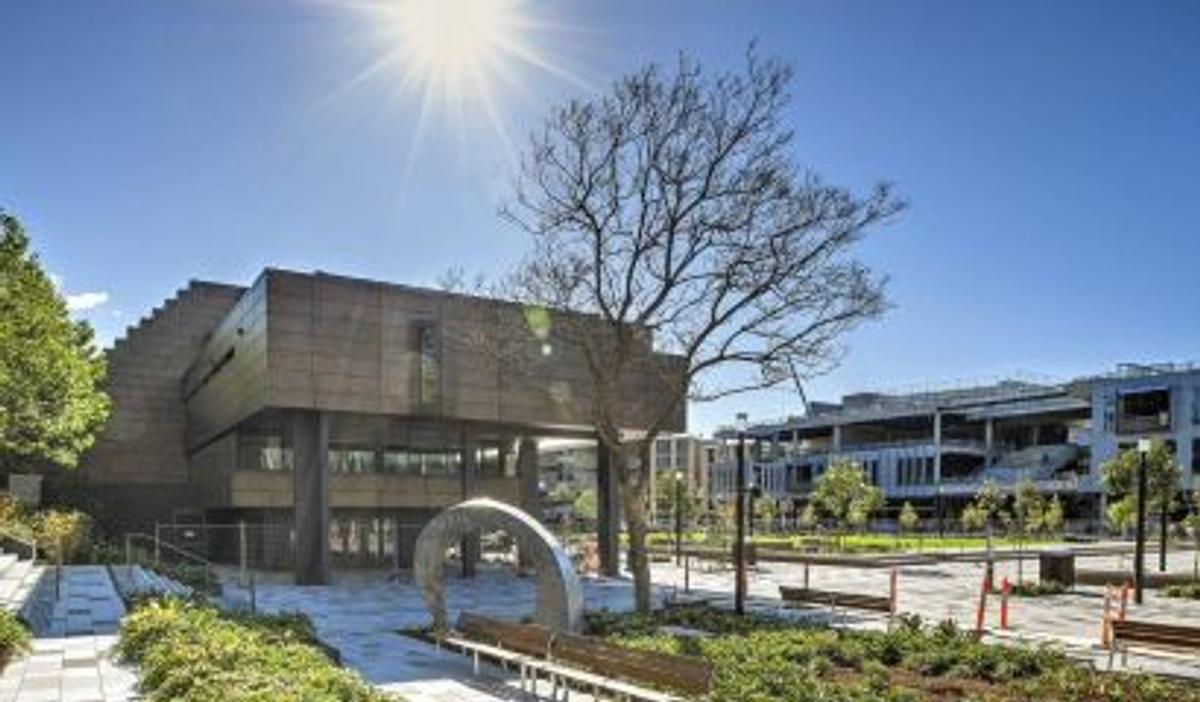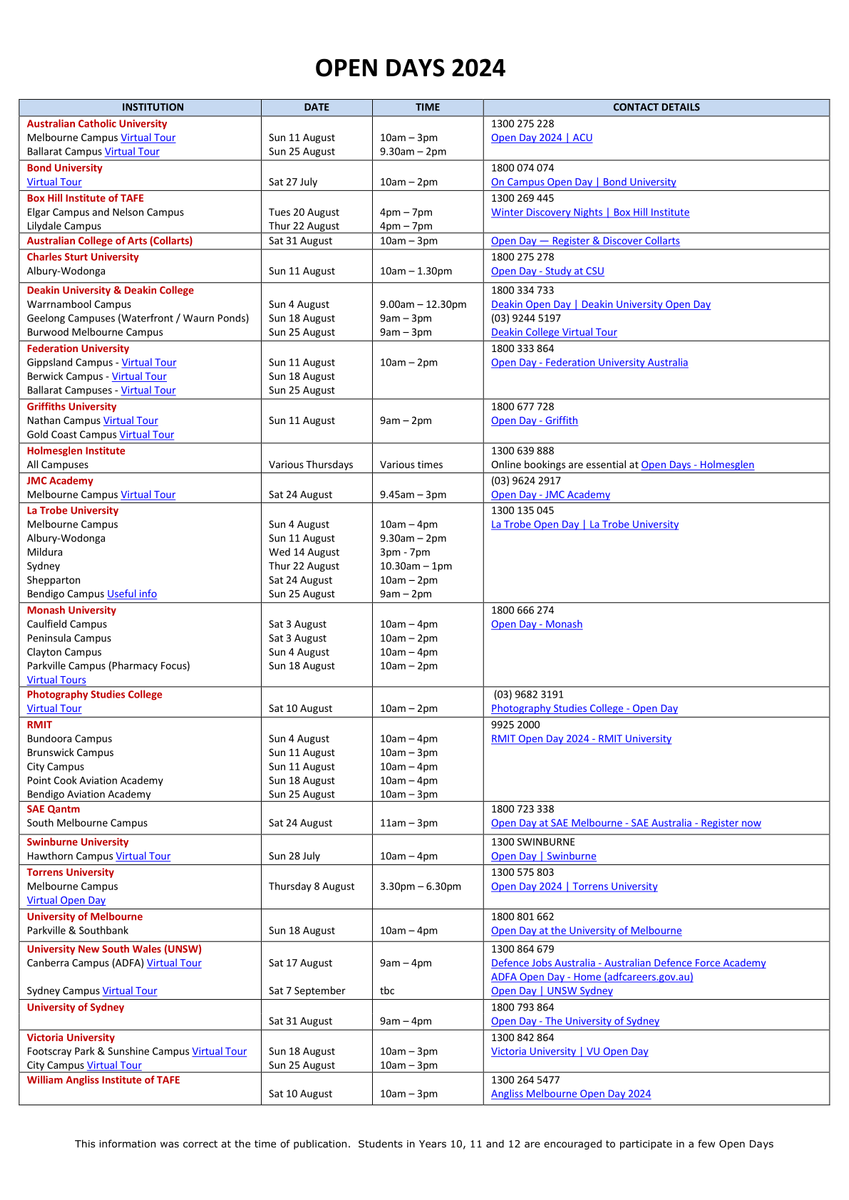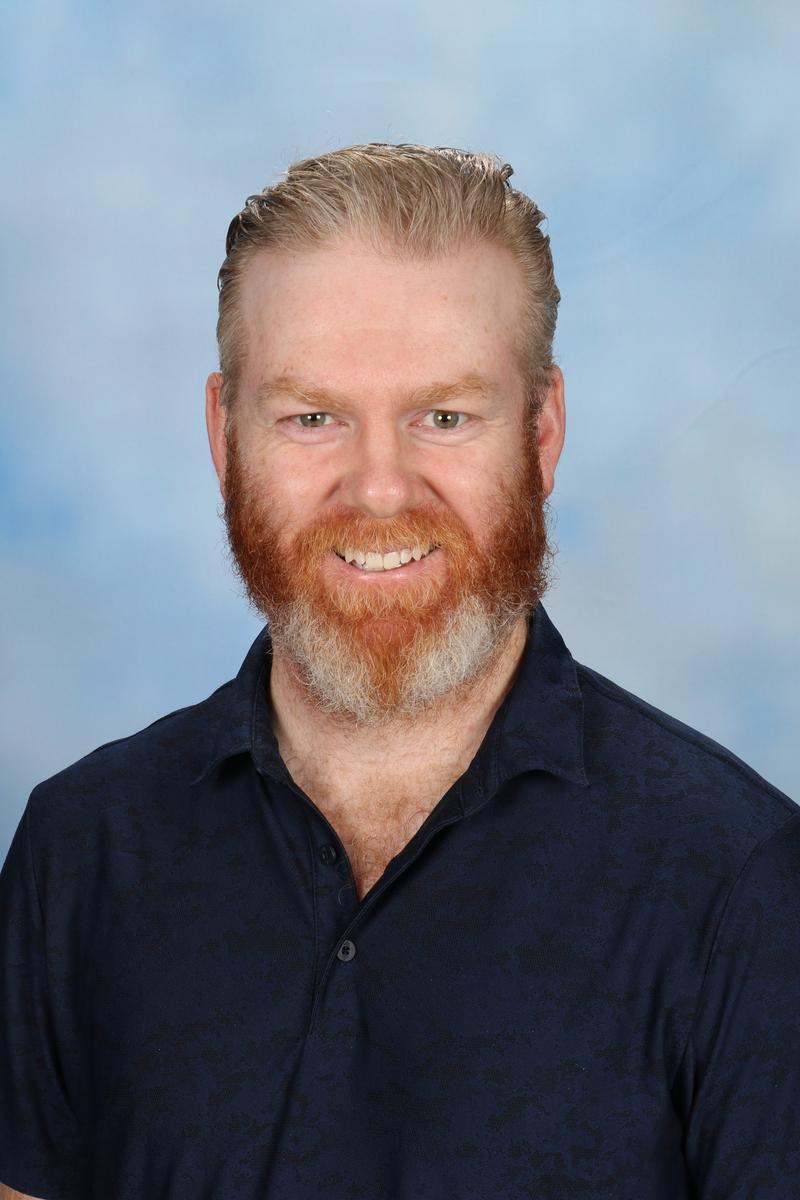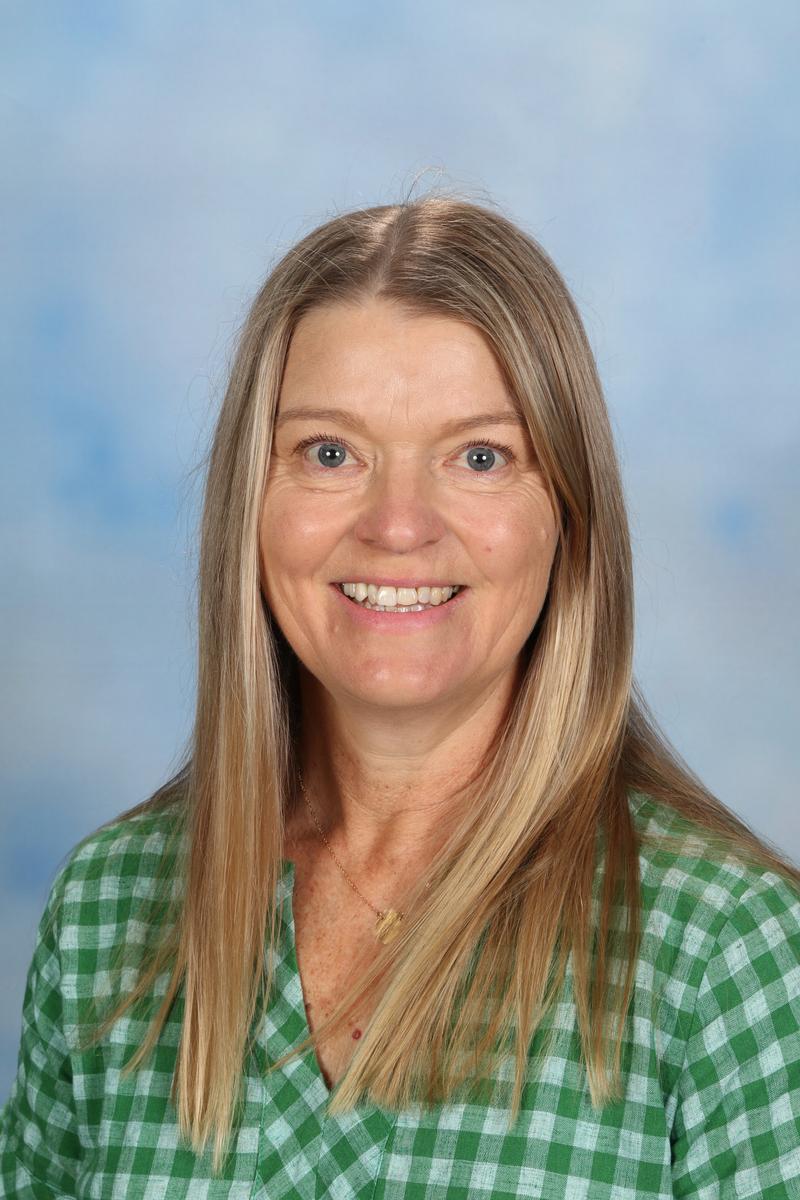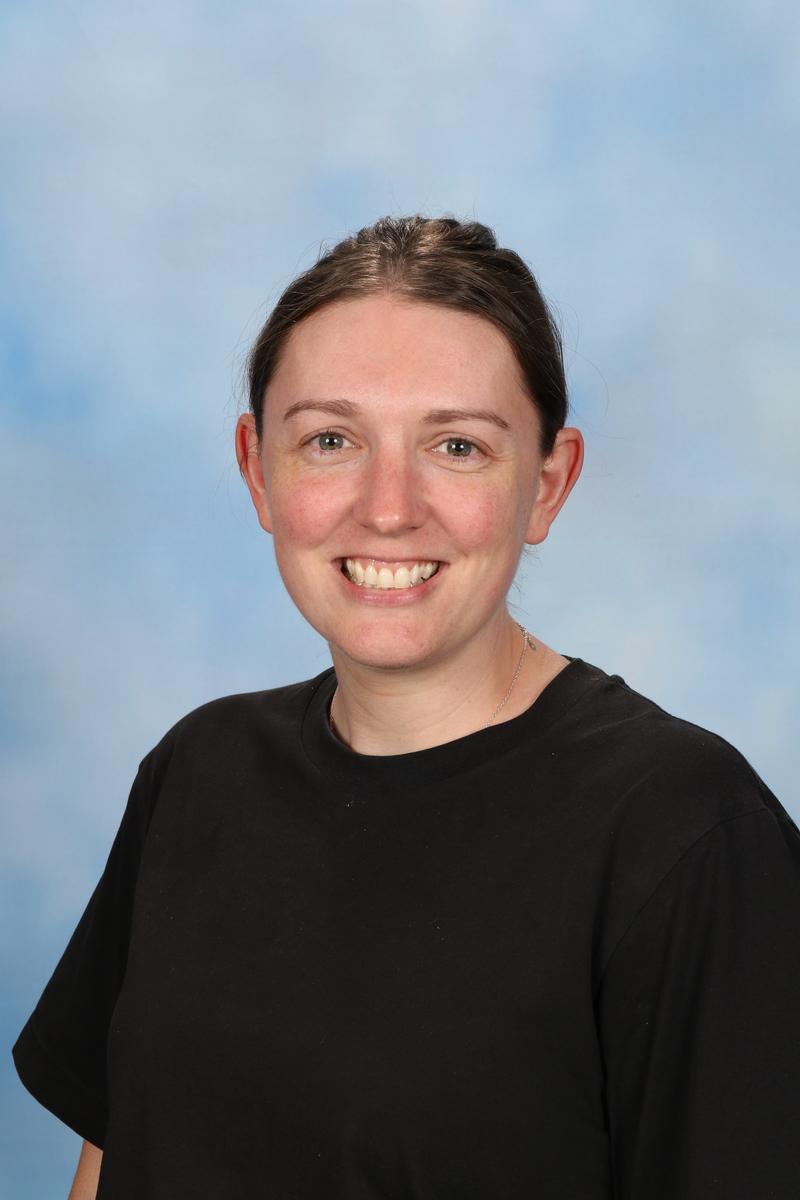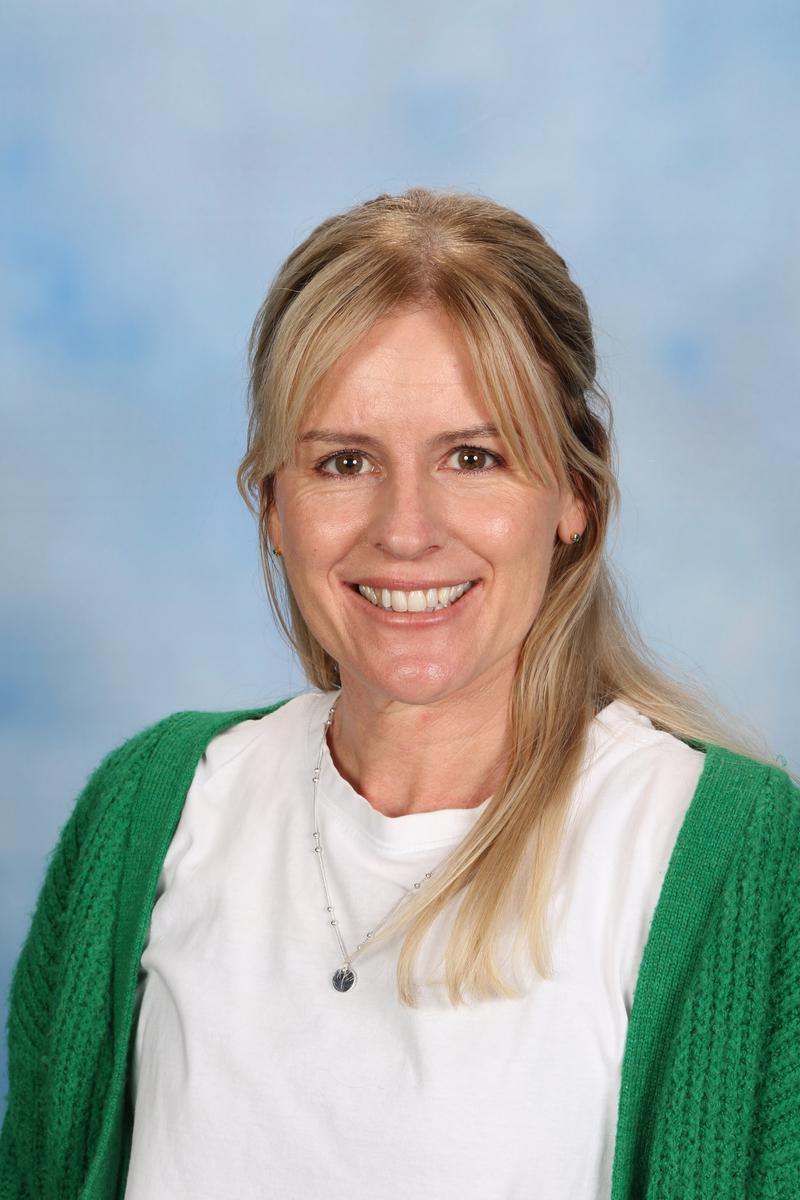Careers & Pathways News

VCE VET Applications are Now Open!
VET qualifications can contribute towards your VCE.
What are some of the advantages of students studying VET as part of the VCE?
Students can gain a nationally recognised VET qualification while undertaking the VCE, VCE VM or VPC. They receive the VET qualification from a Registered Training Organisation, such as a TAFE.
VET qualifications provide students with industry exposure and workplace experience that reinforces their skills development. This connection also facilitates a smooth transition between training and work.
VET can strengthen a student's education by giving them the opportunity to gain practical skills and knowledge that complement other studies. For example, if you want to be an engineer and you are studying VCE Physics and VCE Mathematical Methods, you can develop practical skills, technical knowledge and industry insight by doing VCE VET Engineering.
Can I get a study score by studying VET?
Selected VCE VET programs have a study score component based on the designated Units 3 and 4 sequence of their program (generally, second year). For scored VCE VET programs, the study score is calculated using assessments of each student’s levels of performance. Judgments about each student's performance are based on evidence from two sources:
- School-assessed coursework – a set of coursework tasks set by the assessor
- An exam set by VCAA.
For a full list of VCE VET programs, including those that offer a study score for the relevant Units 3 and 4 sequence, visit https://www.vcaa.vic.edu.au/Documents/vet/GetVET/resources/VCE-VET-program-chart.pdf
Students interested in pursuing VET should contact Ms Farrow for a VETDSS Course Information Booklet.
The VET Application and Agreement Form is available at the Careers Office.
Ms Farrow
VET Coordinator
Dates to Diarise in Term 3
- University / TAFE Open Days 2024 – throughout August
- Year 12 VTAC timely applications – throughout August and September
- VTAC SEAS and Scholarship applications – throughout August and September
Casper Entry Requirements for Teacher Qualifications
Casper is an online test designed to assess an applicant’s personal and professional attributes. Casper is a requirement of applying to many initial teaching training courses in Victoria - Casper.
Most universities offering undergraduate teaching courses will be requiring students sit the Casper online test as part of the selection into teaching degrees in 2025. Students are encouraged to browse VTAC and determine which courses will require the Casper for selection. Students might also like to browse Casper FAQs and have a look at Casper Preparation too. Students might find this YouTube clip useful.
Best Universities Ranking
The Australian Financial Review (AFR) Best Universities Ranking celebrates universities that have excelled across five key dimensions: student satisfaction, research performance, global reputation, career impact and equity and access.
Based on these criteria, the top ten universities are:
- The University of Queensland
- University of New South Wales
- The Australian National University
- Monash University
- The University of Adelaide
- Edith Cowan University
- Deakin University
- The University of Melbourne
- University of Technology Sydney
- University of Wollongong
To find out more about all forty Australian universities and where they rank based on the abovementioned criteria, visit Best Universities Ranking |The Australian Financial Review | AFR November 2023.
News from Monash University
Upcoming Discover Monash Events
Monash University will be hosting several Discover Monash events or activities from September to December and students are encouraged to register early. For a complete list, and to register, visit Events Calendar - Discover Monash.
| Monash Information Evening (webinar) | Wednesday 21 August, 6.30pm – 8.00pm |
| Discover Engineering (webinar) | Thursday 19 September, 6.00pm – 7.00pm |
| Peninsula Campus Tour | Wednesday 25 September, 10.00am – 11.15am |
| Discover Health: Peninsula Campus (hands-on tour) | Wednesday 25 September, 10.45am – 11.45am |
| Discover Monash Arts School Holiday Workshop (Caulfield) | Wednesday 25 September, 11.00am – 2.45pm |
| Discover the Language of Pop Culture (Caulfield) | Wednesday 25 September, 11.00am – 12.00pm |
| Discover Arts and Media Communications (Caulfield) | Wednesday 25 September, 12.15pm – 1.00pm |
| Discover Monash Media Lab (Caulfield) | Wednesday 25 September, 1.00pm – 1.30pm |
| Caulfield Campus Tour | Wednesday 25 September, 2.00pm – 3.15pm |
| Clayton Campus Tour | Thursday 26 September, 10.00am – 11.30am |
| Clayton Campus Tour | Thursday 26 September, 2.00pm – 3.30pm |
Monash Teaching Suitability Test (MTeST)
The Monash Teaching Suitability Test (MTeST) is designed for entry into Monash Initial Teacher Education courses only and cannot be used to apply for other institutions. Importantly, this is a free alternative to Casper.
Students do not need to book in for the test as it is open every day and only takes 15 minutes to complete. The results can take up to three weeks to be processed.
For applicants who sat both tests, Monash will use the better result of the two.
Students are encouraged to browse the following link which provides more information - Monash Teaching Suitability Test (MTeST).
News from La Trobe University
Aptitude for Teaching Assessment (AFTA)
If you want to study an initial teacher education program at La Trobe, our AFTA is a free and on-demand alternative to the CASPer test.
La Trobe has developed the free Aptitude for Teaching Assessment (AFTA), approved by the Victorian Institute of Teaching, and is a non-cognitive scenario-based aptitude test that students can use as an alternative to the CASPer test. Students should note that the AFTA can only be used for entry into initial teaching education programs at La Trobe. The assessment is divided into five sections, and within each section, students will be provided with three written scenarios, presented one at a time. The scenarios are randomised, and each section must be completed before a student can progress to the next section. This is an aptitude test that assesses a student’s communication, self-regulated learning, teamwork, professionalism, and problem-solving skills.
Find out more at Aptitude for Teaching Assessment (AFTA) - La Trobe.
La Trobe University – Sydney Campus
Located in the centre of the city with views over Hyde Park, the La Trobe University Sydney Campus is close to work and internship opportunities and just a few minutes’ walk to major transport hubs, vibrant café districts, shopping centres and Sydney’s world-renowned icons.
With just under 1000 students, the Sydney Campus offers a friendly and supportive community for students to learn and make friends.
The Sydney Campus features:
- Technology enhanced teaching spaces with interactive whiteboards
- Free, high-speed Wi-Fi across the entire Campus
- Dynamic classrooms that seamlessly adapt to different learning styles
- Quiet study hubs and collaboration zones designed to encourage creativity and learning
- Computer labs with the latest technology and software - free to use for all students
- A top floor library with stunning views across the city
- Fully equipped kitchen and lounge area
Diploma, Bachelor, and Master programs are available, with three intakes a year. Most courses on offer at the Sydney campus relate to business and information technology.
Studying the Bachelor of Applied Innovation with another Degree
In 2023 Swinburne University introduced the Bachelor of Applied Innovation to be studied in conjunction with a number of other degrees. With just one extra year, students get to graduate with a double degree.
Depending on the degree a student chooses to study alongside the Bachelor of Applied Innovation, various skills will be developed.
Students are encouraged to browse the link above that provides more details about the participating courses, and the core and major units on offer in the Applied Innovation degree, as they do differ from double degree to double degree.
Civil Engineering Degrees in Victoria in 2024
Civil engineers plan, design, construct, operate and maintain roads, bridges, dams, water supply schemes, sewerage systems, transportation systems, harbours, canals, dockyards, airports, railways, factories and large buildings. They may perform some of the following tasks*:
- investigate sites to work out the most suitable foundation for a proposed construction
- research and advise on the best engineering solution to meet a client's needs and budget
- produce detailed designs and documentation for the construction and implementation of civil engineering projects
- organise the delivery of materials, plant machinery and equipment needed for the construction project and supervise labour
- analyse and interpret reports on loading, labour, productivity, quality, materials and performance
- analyse risks associated with natural disasters including wind, earthquake, fire and floods, and design structures and services to meet appropriate standards
* Good Universities Guide - Civil Engineering
Universities in Victoria that offer undergraduate degrees in Civil Engineering include:
| INSTITUTION | VCE REQUIREMENTS | ATAR 2024 |
G – Geelong Waurn Ponds Campus M – Melbourne Campus
| Units 3 and 4: a study score of at least 25 in English (EAL) or at least 20 in English other than EAL; Units 3 and 4: a study score of at least 20 in one of Maths: General Mathematics, Maths: Mathematical Methods or Maths: Specialist Mathematics.
| 65.95 (G) 70.50 (M) |
B – Berwick Campus G – Gippsland Campus MH – Mount Helen Campus | Units 3 and 4: a study score of at least 20 in any English; Units 3 and 4: a study score of at least 20 in one of Maths: Mathematical Methods or Maths: Specialist Mathematics.
| n/p (B) n/p (G) n/p (MH) |
M – Melbourne Campus Be - Bendigo | Units 3 and 4: a study score of at least 25 in English (EAL) or at least 20 in English other than EAL; Units 3 and 4: a study score of at least 20 in one of Maths: General Mathematics, Maths: Mathematical Methods or Maths: Specialist Mathematics. | 65.00 (M) 66.25 (Be) |
C – Clayton Campus
| Units 3 and 4: a study score of at least 27 in English (EAL) or at least 25 in English other than EAL; Units 3 and 4: a study score of at least 25 in one of Maths: Mathematical Methods or Maths: Specialist Mathematics; Units 3 and 4: a study score of at least 25 in one of Chemistry or Physics.
| 85.00 (C) |
C – City
Note: A pathway course to the bachelor degree is - Associate Degree Engineering Technology | Units 3 and 4: a study score of at least 30 in English (EAL) or at least 25 in English other than EAL; Units 3 and 4: a study score of at least 20 in one of Maths: General Mathematics, Maths: Mathematical Methods or Maths: Specialist Mathematics. Bachelor of Engineering (Honours) ^^ has the same prerequisites.
| 80.20 (C) 75.00 (C) ^^ |
H – Hawthorn Campus *Professional Degree | Units 3 and 4: a study score of at least 25 in English other than EAL or at least 30 in English (EAL); Units 3 and 4: a study score of at least 20 in one of Maths: Mathematical Methods or Maths: Specialist Mathematics. | 70.05 (H) 80.30* (H) |
FP – Footscray Park **Not Foundation Mathematics | Units 3 and 4: a study score of at least 25 in English (EAL) or at least 20 in English other than EAL; Units 3 and 4: a study score of at least 20 in any Mathematics **
| n/p (FP) |
Snapshot of Macquarie University in 2024
- Established in 1964, today Macquarie is home to 44,000 students and 3000 staff, and awards more than 10000 degrees each year.
- Based in Sydney, the campus in one of the largest business and technology precincts in the southern hemisphere, creating a hub of innovation and excellence.
- Macquarie University has its own metro station and has Australia’s first and only not-for-profit hospital on a university campus.
- In terms of rankings, Macquarie is:
- Ranked among the top 1% of world universities in the world (QS World University Rankings, 2024)
- Ranked #10 in Australia and #175 in the world (Times Higher Education World University Rankings, 2024)
- Ranked #8 in Australia for employment outcomes (QS World University Rankings, 2024).
- Over 130 Macquarie researchers are ranked in the top 1% of researchers in the world.
- Macquarie has four faculties and many departments within those faculties.
- Macquarie has a few unique departments, including:
- Macquarie offers a wide selection of both undergraduate courses and postgraduate courses.
- An extensive range of scholarships are offered to both future students and current students.
- As with all leading universities, Macquarie offers excellent overseas study opportunities to students.
- There are a range of clubs and societies and sporting facilities available to students.
- Macquarie has a range of accommodation options to suite the various preferences of students.
2024 Open Days
Getting the most out of an Open Day
Most institutional Open Days are held in late July and August (see Open Day dates). However, you are more than welcome to contact an institution to arrange a visit any time.
What happens on an Open Day?
On Open Day you can visit an institution when it’s at its best. Everyone is there – academics, lecturers, current students, and information officers. More importantly, you can talk with academics, lecturers, and current students about what certain courses are actually like, and what is required to get into them.
Who should attend an Open Day?
Anyone who is considering studying at a tertiary level in the next few years should attend.
Why should you attend an Open Day?
Apart from the opportunity to obtain course information there are many other reasons why attending an Open Day is a good idea:
- You are going to feel more comfortable arriving at a university or TAFE institute on the first day of classes if you have been there before.
- What is really involved in the course or courses you are interested in?
- If you have to move away from home, where are you going to live
- Will you be happier studying in a large metropolitan institution or a smaller, perhaps rural institution?
- What does the place ‘feel’ like? Is it a bustling environment with lots of activity or a quieter, more relaxed campus set in landscaped grounds?
- How are you going to get there? Is it close to public transport or should you start saving now for a car?
If don’t know the answers to any of these questions, then you should attend an Open Day!
How to make the best of Open Days
To make your Open Day visits fun and informative, here are some pointers:
- Write down a list of questions you would like to ask about particular courses.
- Be there early. Crowds tend to develop as the day progresses.
- On arrival, get a map from a central point and ask for directions to the relevant faculties or schools.
- Ask questions!
- Don’t spend the day collecting printed information only. Use the opportunity to speak directly with academics before applications close.
- Introduce yourself to selection officers if you feel it is appropriate, but don’t be pushy.
- Check out the residential colleges, if available. After all, it is you that will be living there.
- Walk around the campus. Have a good look! See what sporting facilities and other services are available.
- Enjoy the visit!
Not everyone can attend every Open Day and various Institutions hold their Open Days on the same date! If you can’t attend an Open Day and you are interested in a particular institution, you may visit at other times. If you wish to speak to a particular person, it is essential to make an appointment first.
Mr Jack Crameri - Careers and Pathways Coordinator
Ms Andy Farrow - Careers Adviser & VET/SWL Coordinator
Ms Stephanie Martin - Careers & Pathways Coordinator
Ms Jody McCarthy - Senior School & Careers Support




